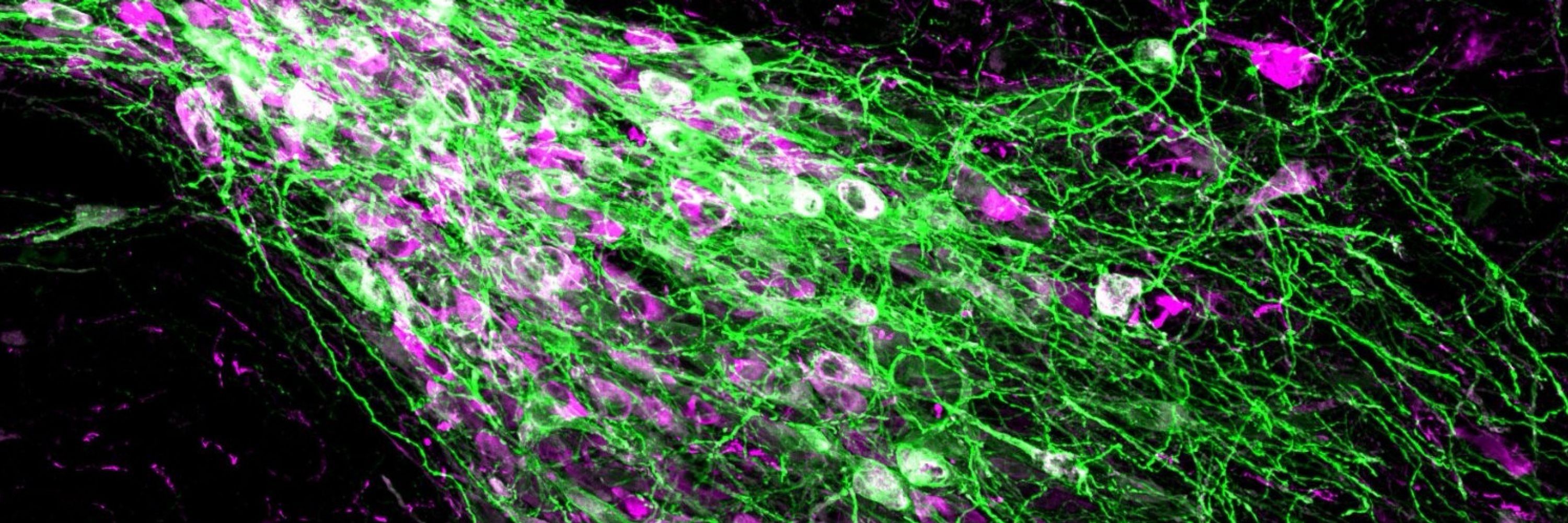
https://www.sciolinolab.org/
Grateful to our collaborators and lab team for their insights and dedication.
📄 Read the full study: sciencedirect.com/science/arti...
#Neurobiology #Endocannabinoids #MentalHealth #ScienceThread #Norepinephrine

Grateful to our collaborators and lab team for their insights and dedication.
📄 Read the full study: sciencedirect.com/science/arti...
#Neurobiology #Endocannabinoids #MentalHealth #ScienceThread #Norepinephrine
This context-dependent modulation hints at a more sophisticated role for CB1 signaling in emotional regulation. It may help explain why cannabinoid-based therapies show variable effects across individuals and conditions.
This context-dependent modulation hints at a more sophisticated role for CB1 signaling in emotional regulation. It may help explain why cannabinoid-based therapies show variable effects across individuals and conditions.
Our findings? The absence of CB1 receptors in these neurons did not uniformly increase or decrease stress responses. Instead, the effects varied depending on the context—suggesting a nuanced, situation-specific role.
Our findings? The absence of CB1 receptors in these neurons did not uniformly increase or decrease stress responses. Instead, the effects varied depending on the context—suggesting a nuanced, situation-specific role.
Using conditional knockout models, we selectively deleted CB1 receptors from NE/EPI neurons. This allowed us to isolate their contribution to stress-related behaviors without affecting CB1 signaling elsewhere.
Using conditional knockout models, we selectively deleted CB1 receptors from NE/EPI neurons. This allowed us to isolate their contribution to stress-related behaviors without affecting CB1 signaling elsewhere.
The endocannabinoid system is known to regulate emotional responses, but its role in catecholaminergic neurons—those producing NE and EPI—has been less clear. We explored how CB1 receptor signaling in these neurons affects stress reactivity.
The endocannabinoid system is known to regulate emotional responses, but its role in catecholaminergic neurons—those producing NE and EPI—has been less clear. We explored how CB1 receptor signaling in these neurons affects stress reactivity.

